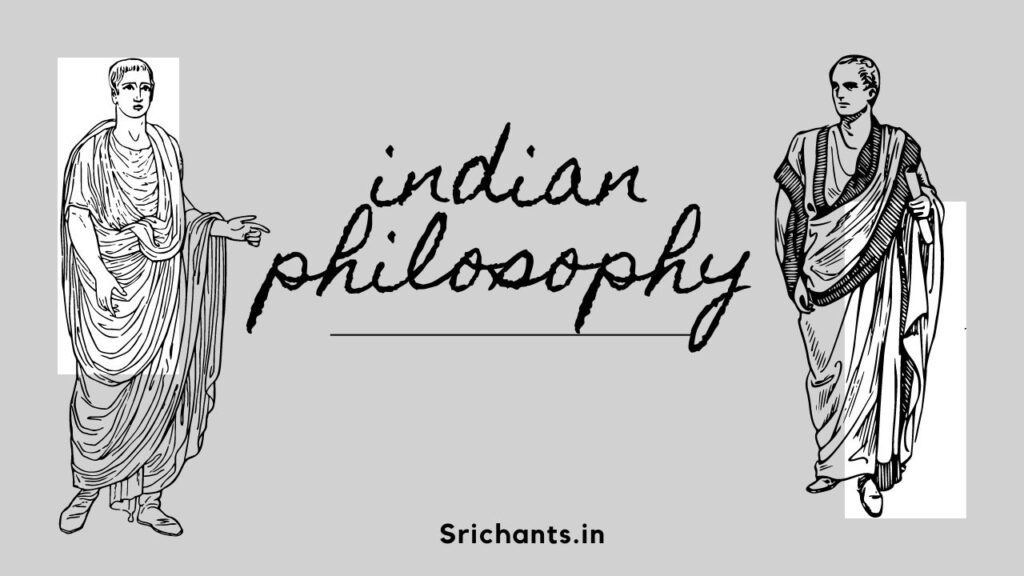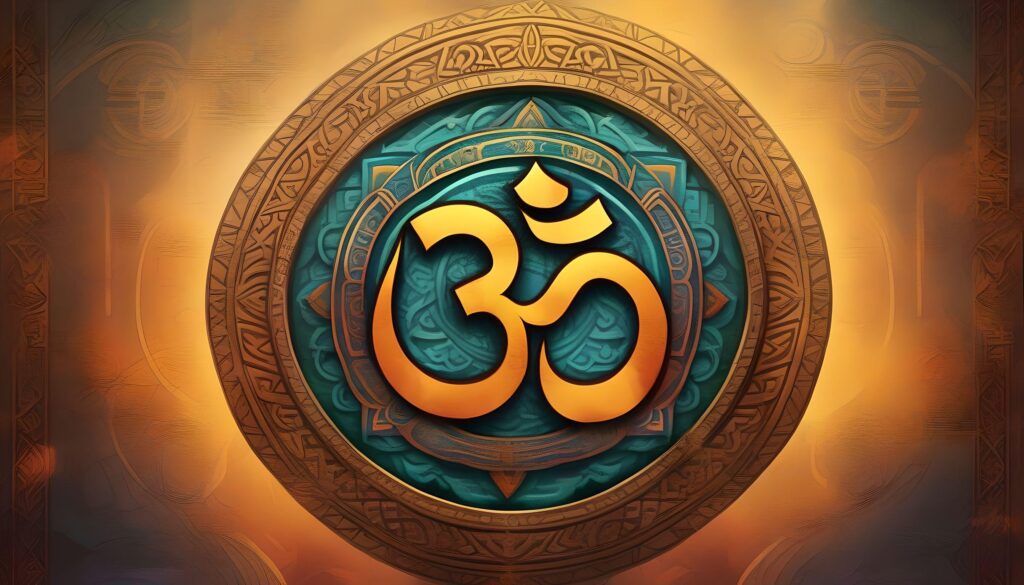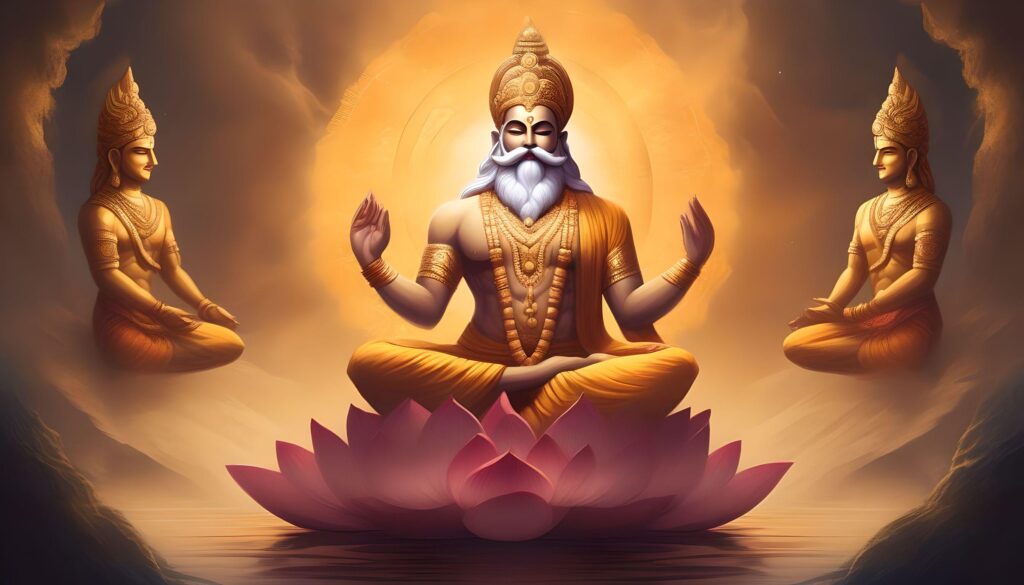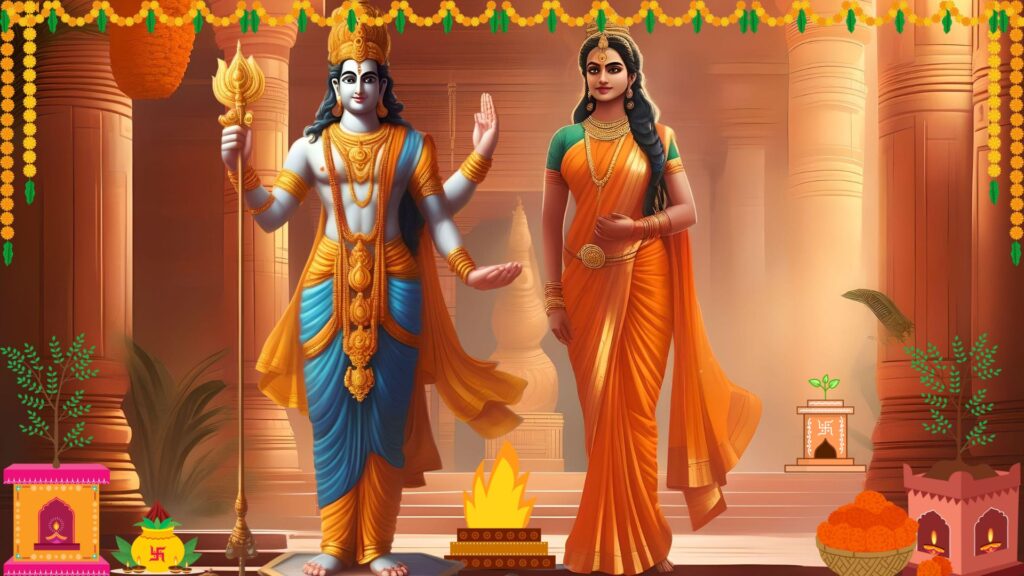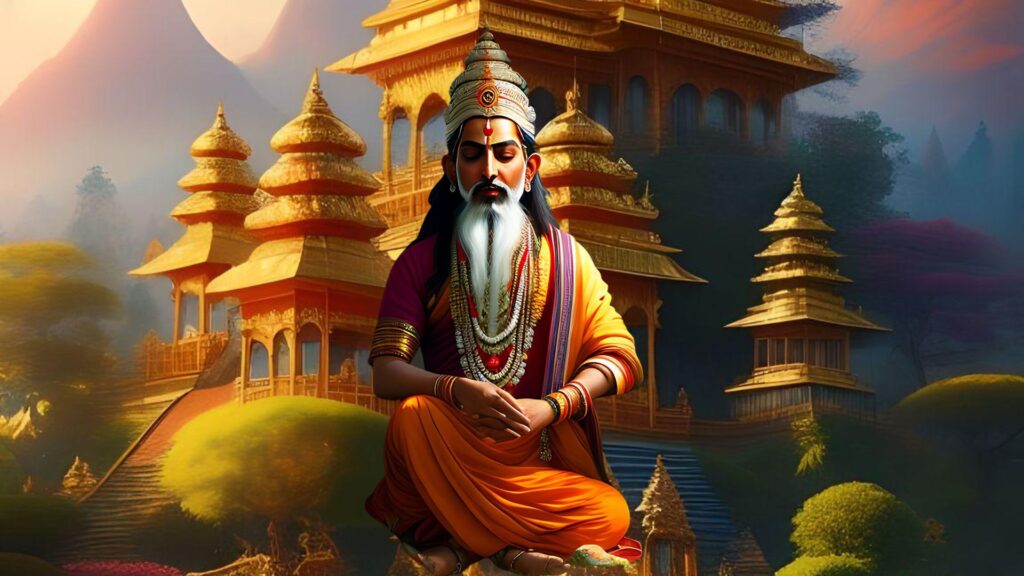Indian Philosophy: A Journey Through the Schools
Over thousands of years, Indian philosophy, also known as Hindu philosophy, has developed into a complex and varied system of thought. It comprises an array of philosophical schools, each presenting distinct viewpoints concerning the nature of being, cognition, morality, and emancipation. This article aims to provide an in-depth analysis of the intriguing realm of Indian philosophy, encompassing the fundamental tenets of both the orthodox and heterodox schools, as well as their societal implications.
Understanding Indian Philosophy
Hindu philosophy is frequently categorized into two overarching schools: orthodox (astika) and heterodox (nastika). Orthodox institutions acknowledge the Vedas, which are ancient sacred texts, as the preeminent source of knowledge. Conversely, the heterodox institutions present alternative philosophical perspectives and deny the Vedas’ authority. Although there are three heterodox schools and six main orthodox schools, our attention will be directed towards the most consequential ones.
The Six Orthodox Schools
- Samkhya Philosophy: Established by Kapila Muni, the Samkhya school is among the most ancient philosophical traditions in India. The theory proposes that the universe is divided into two constituent elements, namely Prakriti (nature and matter) and Purusha (consciousness or soul). Despite an initial emphasis on the role of nature in world creation, subsequent developments incorporated the notion of the soul. Samkhya serves as the foundational principle for the Yoga school of thought.
- Yoga Philosophy: Sage Patanjali established yoga as the pragmatic application of the Samkhya philosophy. It presents a route to attain spiritual emancipation by means of rigorous physical and mental training. The objective of yoga is to attain self-realization and, ultimately, liberation through the regulation of the body, mind, and senses. Although yoga recognizes the presence of a transcendent force, it abstains from attributing the creatorship to God.
- Nyaya Philosophy: Gautama Muni’s Nyaya philosophy places significant emphasis on the value of experience and reason as foundational elements in the acceptance of knowledge. It espouses the application of stringent logical analysis and employs a multitude of methods, including observation, deduction, comparison, and testimony, to acquire genuine knowledge. Nyaya philosophy rejects a monistic worldview and maintains an acceptance of reality.
- Vaisheshik Philosophy: Vaisheshik philosophy, which was established by the sage Kanada, places emphasis on atomism and metaphysical theories. It asserts that the fundamental building blocks of the universe are atoms (parmanus). Two methods of acquiring accurate knowledge are recognized by Vaisheshik philosophy: perception and inference. The viewpoint presented is impartial and grounded in naturalism, placing significant emphasis on the intrinsic value of every element in the natural world.
- Purva Mimamsa: Purva Mimamsa, an initiation conducted by the sage Jaimini, places great emphasis on the Vedas’s paramountcy as a source of knowledge. This scholarly investigation scrutinizes the Vedic teachings by means of karma-kanda rituals, which comprise yajnas (sacrifices) and mantras. Adhering to the tenets outlined in the Vedas is considered a pathway to attaining salvation.
- Uttara Mimamsa or Vedanta: Vedanta, also referred to as Uttara Mimamsa, was established by Bādarāyaḇa. Knowledge of Brahman (the transcendent reality) and the Upanishad portion of the Vedas are emphasized. Vedanta is additionally subdivided into six sub-dvaitas: Dvaita (dualism), Advaita (qualified non-dualism), and Visishtadvaita (qualified non-dualism). Diverse sub-branches present unique interpretations regarding the correlation between the soul as an individual and the transcendent reality.
The Three Heterodox Schools
- Carvaka Philosophy: Carvaka philosophy, alternatively referred to as Lokayata, is a materialistic school of thought that denies the Vedas’ authority. It emphasizes the significance of direct perception as the sole method of ascertaining truth. Carvaka philosophy rejects the existence of a higher power and advocates for the pursuit of happiness in one’s life.
- Buddhist Philosophy: Siddhartha Gautama (Buddha) established Buddhism, a non-theistic religion whose purpose is to alleviate human suffering. Its foundation lies in the Four Noble Truths, which recognize the presence of suffering, delineate its origins, advocate for its eradication, and furnish a pathway to attain enlightenment. Right faith, right resolve, right discourse, right action, right living, right thought, right concentration, and right effort are tenets that are emphasized in Buddhism.
- Jain Philosophy:Mahavira rekindled, which had been in existence since the 6th century B.C., Jain philosophy. It espouses the ideals of correct philosophy, correct knowledge, and correct behavior in order to attain enlightenment (Nirvana). Asceticism and nonviolence (Ahimsa) are central tenets of Jainism. In contrast to the Vedas, it emphasizes the value of morality and self-control.
Impact of Indian Philosophy
The various schools of Indian philosophy have had a profound impact on Indian society and culture. They have shaped the way people think, reason, and approach life’s existential questions. Some of the key impacts include:
- Rational Thinking: Indian philosophy encouraged rational thinking and the search for logical explanations. It prompted individuals to question blind faith and seek reasoned justifications for their beliefs.
- Self-Realization: The philosophies emphasized the importance of self-realization and understanding one’s true nature. They encouraged individuals to explore their inner selves and strive for spiritual growth.
- Ethics and Morality: Indian philosophy placed a strong emphasis on ethical conduct and moral values. It provided guidelines for leading a righteous life and emphasized the importance of virtues such as honesty, compassion, and non-violence.
- Liberation and Salvation: The ultimate goal of Indian philosophy, across different schools, is liberation from the cycle of birth and death or attaining salvation. This focus on liberation from suffering and the pursuit of enlightenment shaped the spiritual aspirations of individuals.
- Diverse Spiritual Practices: The philosophies gave rise to various spiritual practices, such as yoga, meditation, and rituals. These practices continue to play a significant role in the lives of individuals seeking spiritual growth and well-being.
The schools of Indian philosophy fostered critical thinking, self-reflection, and ethical living, contributing to the overall intellectual and cultural development of Indian society.
Conclusion
Consisting of numerous schools of thought, Indian philosophy provides profound insights into the essence of being, wisdom, and emancipation. The Vedas serve as the foundation for the orthodox institutions, which offer a systematic approach to comprehending the universe and one’s own being. The heterodox schools present alternative viewpoints on life and spirituality, challenging conventional beliefs. Throughout history, they have collectively influenced the intellectual, spiritual, and ethical structure of Indian society. Investigating Indian philosophy provides opportunities for profound self-reflection and a more profound comprehension of the essential inquiries pertaining to the human condition.
FAQs
Q1. What are the major schools of Indian philosophy?
The major schools of Indian philosophy include Samkhya, Yoga, Nyaya, Vaisheshik, Purva Mimamsa, Uttara Mimamsa (Vedanta), Carvaka, Buddhist Philosophy, and Jain Philosophy.
Q2. What is the difference between astika and nastika schools of philosophy?
Astika schools of philosophy recognize the authority of the Vedas, while nastika schools do not. Astika schools consider the Vedas as the primary source of knowledge, whereas nastika schools offer alternative philosophies.
Q3. What is the goal of Indian philosophy?
The overarching goal of Indian philosophy is liberation from the cycle of birth and death or attaining spiritual enlightenment. Different schools offer various paths and methods to achieve this goal.
Q4. How has Indian philosophy influenced society?
Indian philosophy has influenced society by promoting rational thinking, ethical conduct, self-realization, and diverse spiritual practices. It has shaped the cultural and intellectual landscape of India, fostering introspection and a quest for deeper understanding.
Q5. Can Indian philosophy be applied in modern life?
Yes, Indian philosophy continues to be relevant in modern life. Its emphasis on ethical living, self-realization, and spiritual growth can provide guidance and inspiration for individuals seeking a meaningful and purposeful existence.
